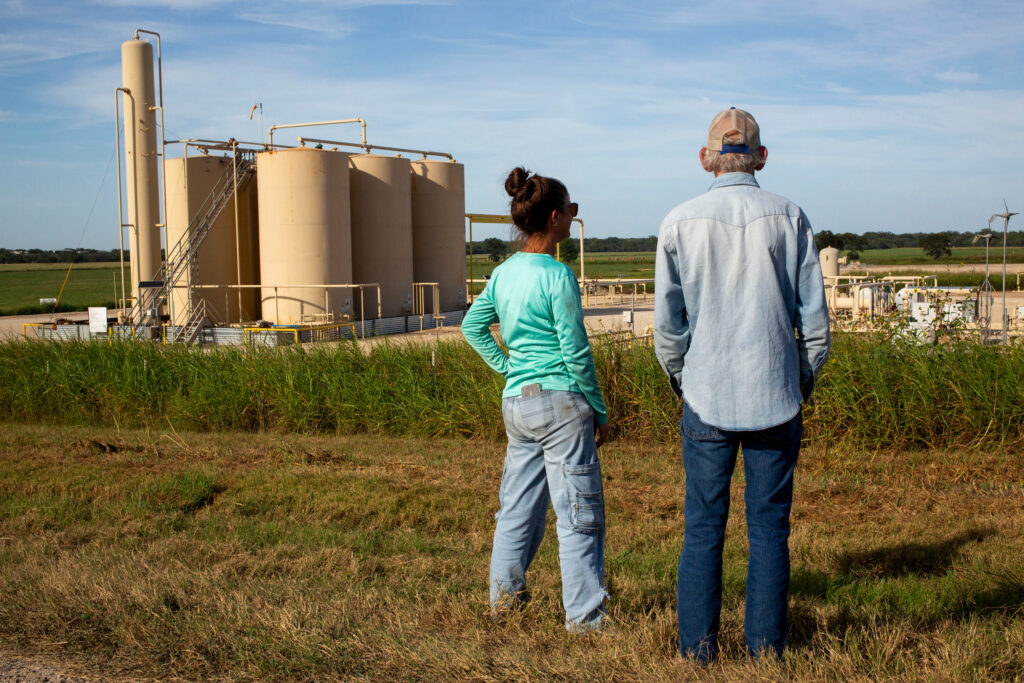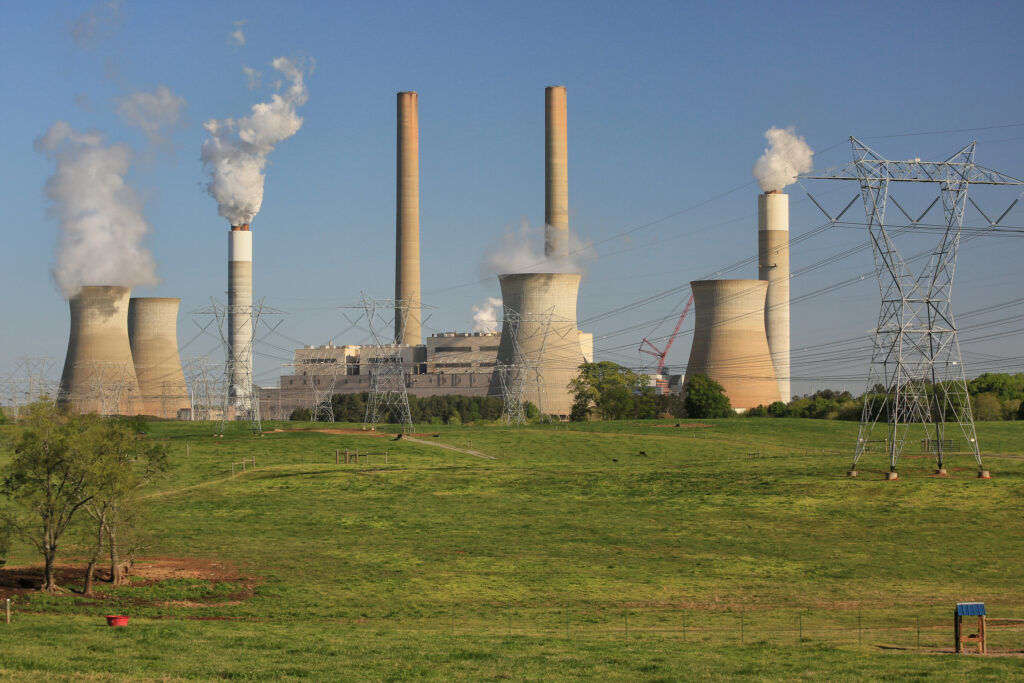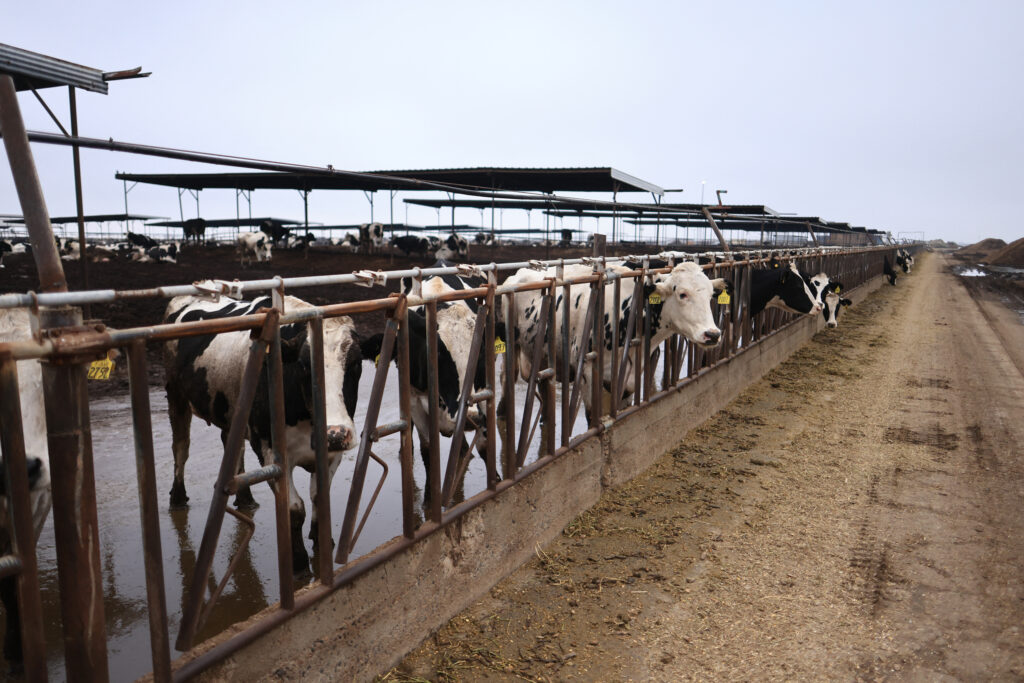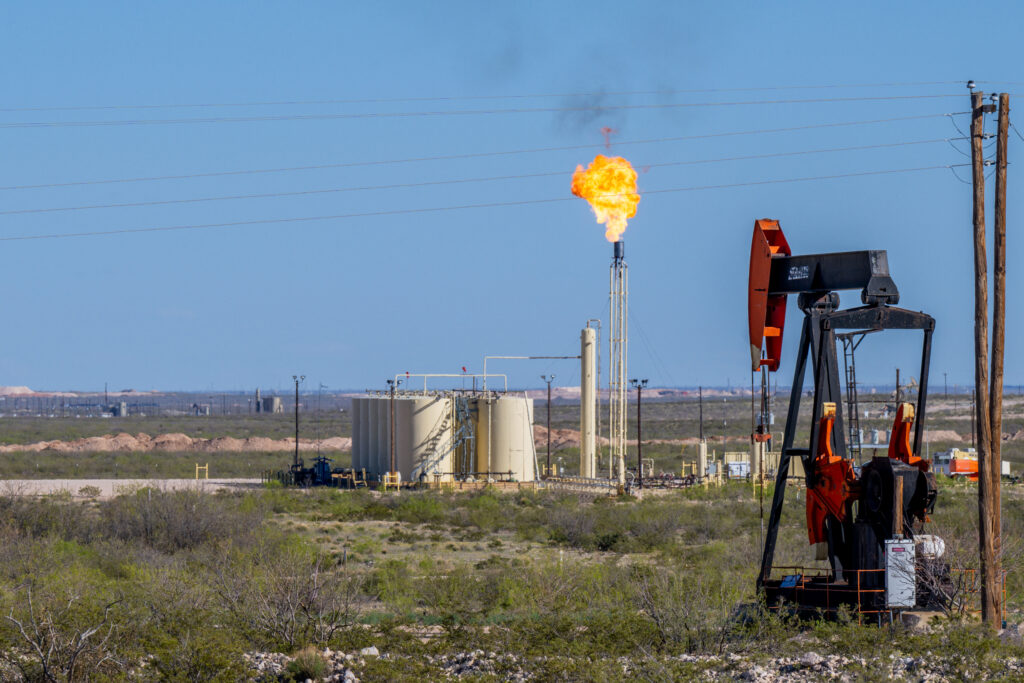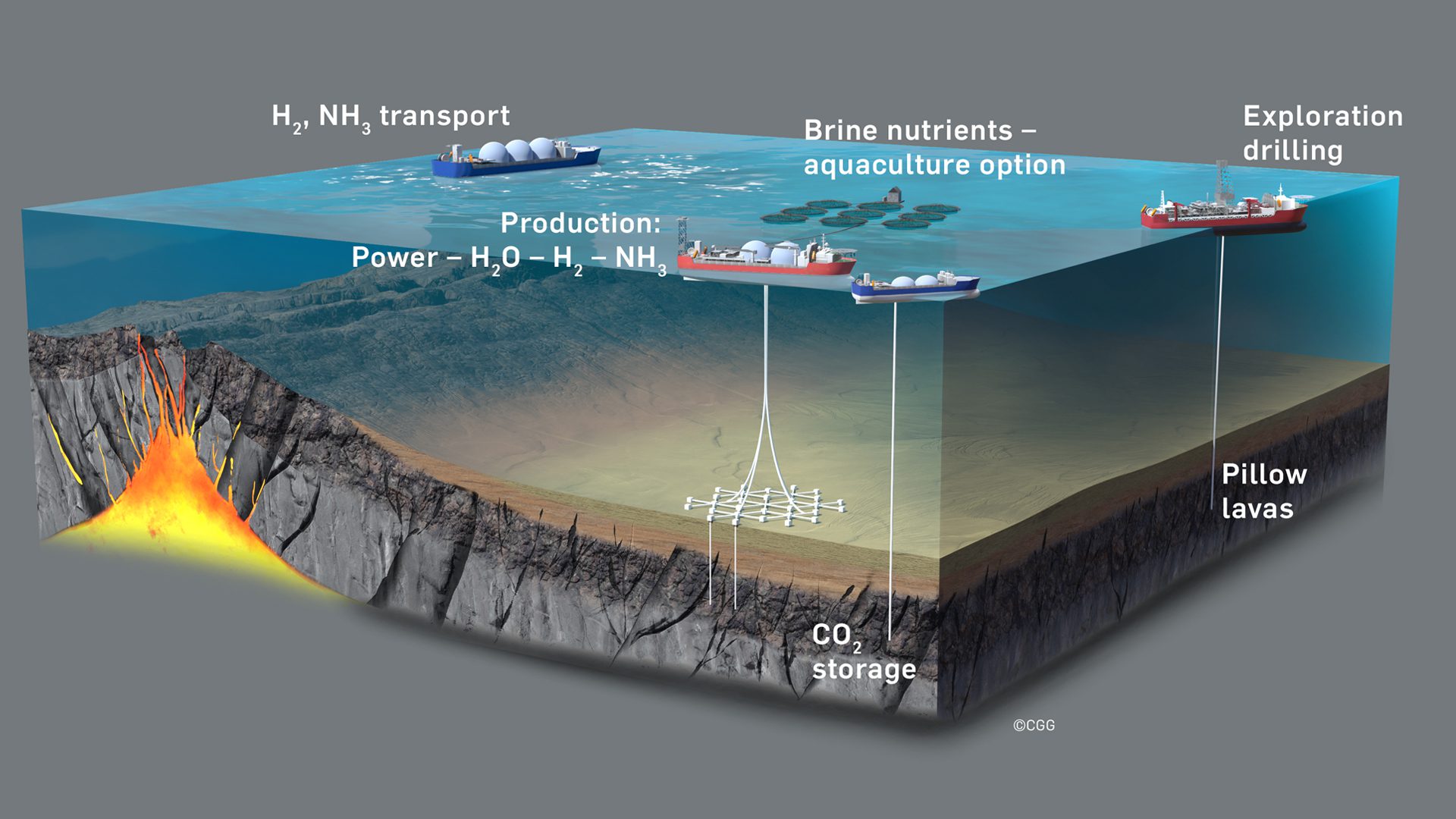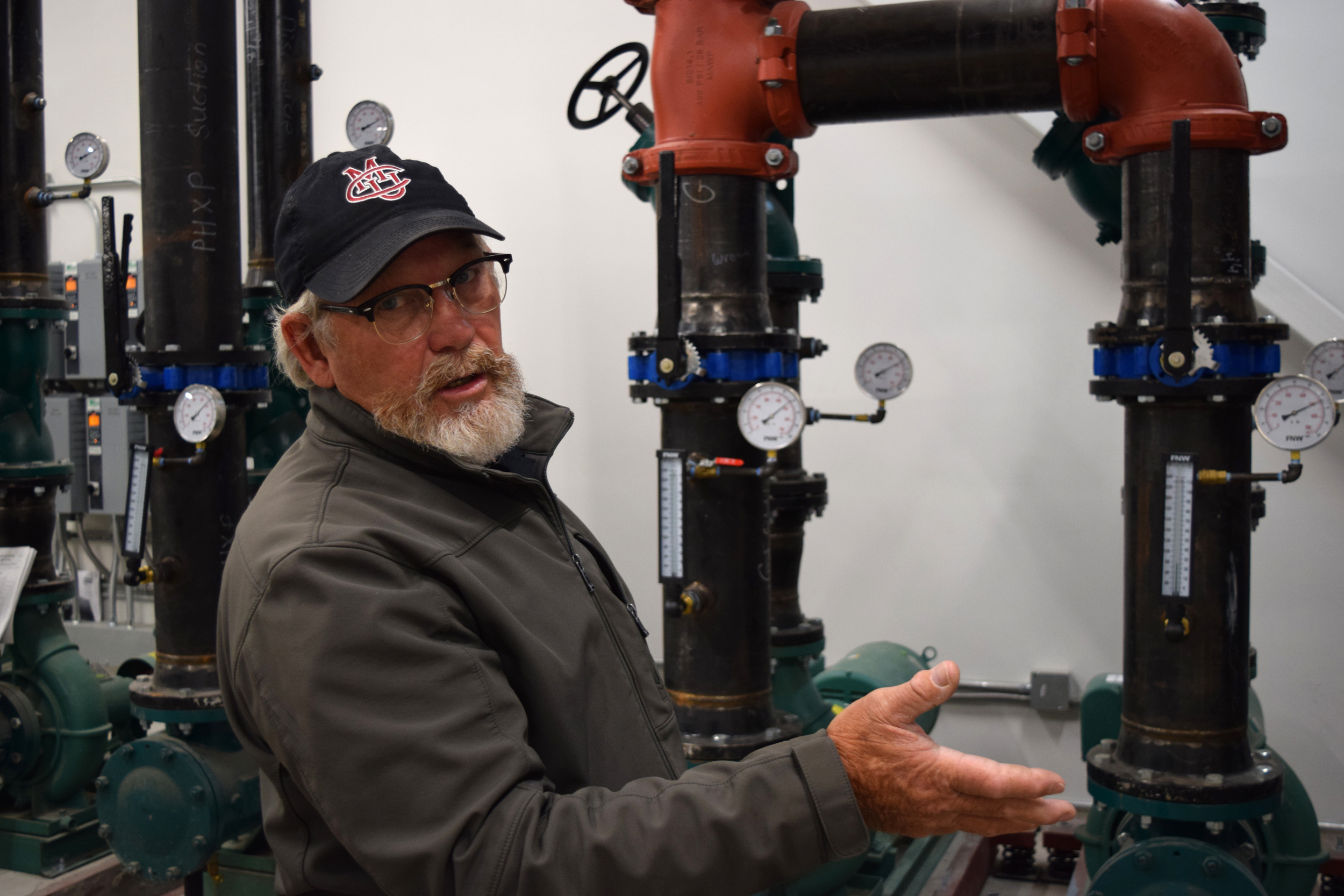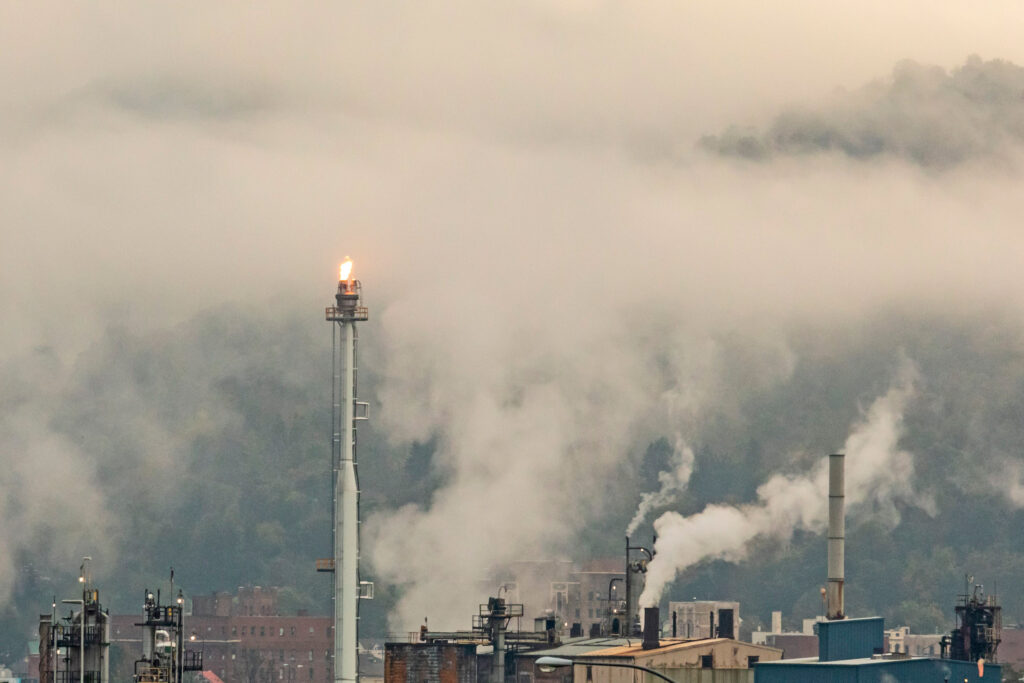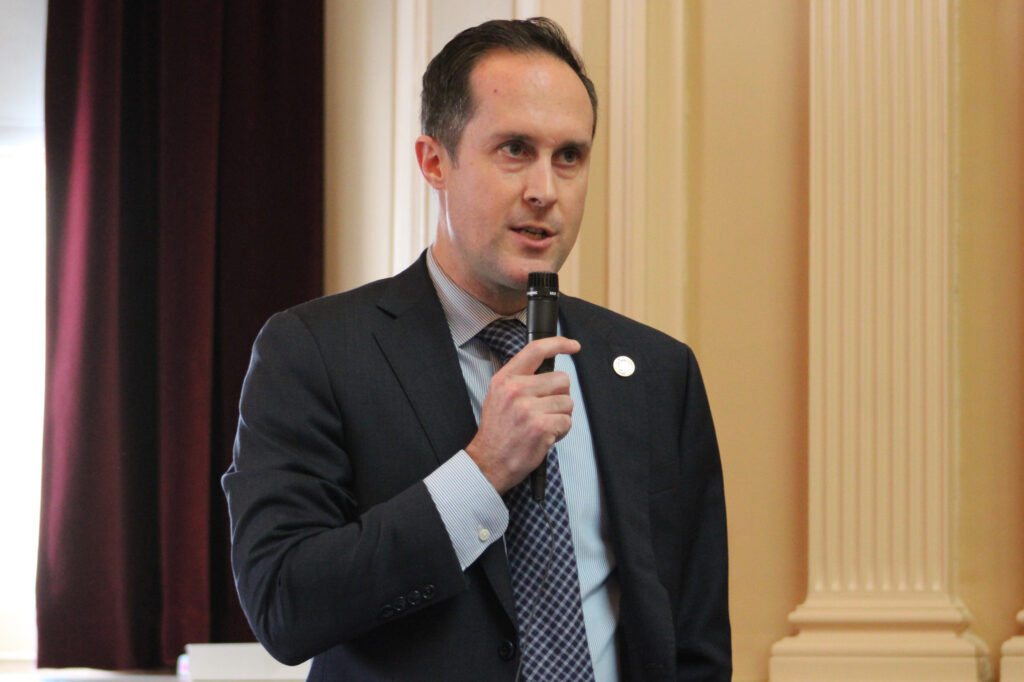New findings published Wednesday by the National Cancer Institute link tiny, toxic air pollutants to changes in lung cancer tumors at the genomic level in people who have never smoked.
Lung cancer is the leading cause of cancer death in the U.S., and the American Cancer Society reports that more people die of lung cancer every year than of colon, breast and prostate cancers combined. Non-smokers account for 10 to 25 percent of all lung cancer cases globally, but research on its causes in patients who have never smoked is less well established than for their tobacco-using counterparts, said the new study’s senior author, Maria Teresa Landi.
“We wanted to design a study to try to define the causes of lung cancer in never smokers so that we could potentially provide some suggestions for the improvement of prevention, early detection, therapy, etc,” Landi said.
We’re hiring!
Please take a look at the new openings in our newsroom.
See jobs
In their study, published in the journal Nature, Landi and colleagues from the National Institutes of Health’s NCI and the University of California San Diego analyzed the lung tumors of 871 nonsmokers from 28 locations across four continents. They found that the tumors of patients in highly polluted areas had many more genetic mutations than those in areas with cleaner air, and exhibited a diversity of mutations, including patterns typically found in smokers.
The paper is part of a larger project Landi is leading on lung cancer in nonsmokers, called the Sherlock-Lung study.
Air pollution is a serious public health hazard growing more dire as climate change brings increased wildfires, drought and extreme heat. The American Lung Association found earlier this year that nearly half of the country is living with dangerous levels of pollution, a drastic rise from last year’s figures. Air pollution is linked to a variety of health harms and was already considered the second leading cause of lung cancer.
The paper adds to well-established links between particulate air pollution and the disease, particularly in epidemiological research, which deals with patterns of disease at the population level. Wednesday’s study takes a different approach, building on genomic research and zooming in on the tumor level.
George Thurston, a professor of medicine and population health at New York University, has been a leading scholar on the impacts of air pollution on human health for decades.
The new NIH study, which he was not involved in, could play an important role in determining exactly which kinds of particulate matter impact human health, and how, he said.
“It’s environmental detective work,” Thurston said. “These kinds of tools will help us understand better the results we’re getting from epidemiology.”
Notably, the study found a stronger increase in mutations due to air pollution than from exposure to secondhand tobacco smoke. The authors noted that this gap may have been exacerbated by the unreliability of survey data from patients, who self-report their exposure to secondhand smoke with varying accuracy.
“I feel like I’m in the Matrix, and I’m the only one that took the red pill.” I know what’s going on, and everybody else is walking around thinking, ‘This stuff isn’t bad for your health.’”
— George Thurston, New York University School of Medicine
Thurston pointed out that although secondhand smoke is also a serious health concern, air pollution from fossil fuels is much more ubiquitous.
“We are engulfed in fossil-fuel-burning pollution every single day of our lives, all day long, night and day,” he said.
Sometimes, he tracks the air pollution on his commute to work using a portable air monitor to dismaying results, and wonders why more people around him don’t seem equally alarmed.
“I feel like I’m in the Matrix, and I’m the only one that took the red pill,” he said, referring to the sci-fi movie. “I know what’s going on, and everybody else is walking around thinking, ‘This stuff isn’t bad for your health.’”
The NIH study looked specifically at patients of European and East Asian descent—mostly in Europe, North America and Asia. Landi said future studies aim to expand focus to include participants from Latin America, Africa and Australia.
The paper found some geographic differences in mutations, like the strong presence of a particular gene mutation found almost exclusively in subjects in Taiwan and associated with exposure to aristolochic acid, a plant-based substance used in some forms of traditional medicine. The substance has previously been linked to bladder, liver and kidney cancers, but the authors believe theirs is the first evidence linking it to lung cancer.
The study adds to recent research on environmental and climate impacts on lung health. A paper published in Nature in March found that global warming may be contributing to dehydration and inflammation in human airways that could exacerbate lung diseases, and suggested that most Americans will face increased risk of airway inflammation by the second half of this century.
Meanwhile, the federal government is gutting funding for research—including at the NIH—studying the impacts of climate change on health and the disparate effects of pollution along social markers like race and gender.
The NIH study also comes out just one day after the U.S. Senate voted to pass a reconciliation bill that would axe incentives to cut emissions, provide subsidies for health-harming fossil fuels like coal and simultaneously eliminate health care for millions of lower-income Americans through about $1 trillion in cuts to Medicaid and Affordable Care Act marketplaces. Advocates raising the alarm on the health ramifications of air pollution point to dire consequences as a result of these moves.
Continued fossil fuel combustion leads to more air pollution, while also spawning weather that exacerbates the problem, resulting in greater health care costs, more illness and more deaths.
“Many elements of this bill will make Americans sicker, but the bill will also make it more expensive, if not impossible, for millions of Americans to get health care,” wrote Moms Clean Air Force’s federal policy director, Melody Reis, in a statement.
About This Story
Perhaps you noticed: This story, like all the news we publish, is free to read. That’s because Inside Climate News is a 501c3 nonprofit organization. We do not charge a subscription fee, lock our news behind a paywall, or clutter our website with ads. We make our news on climate and the environment freely available to you and anyone who wants it.
That’s not all. We also share our news for free with scores of other media organizations around the country. Many of them can’t afford to do environmental journalism of their own. We’ve built bureaus from coast to coast to report local stories, collaborate with local newsrooms and co-publish articles so that this vital work is shared as widely as possible.
Two of us launched ICN in 2007. Six years later we earned a Pulitzer Prize for National Reporting, and now we run the oldest and largest dedicated climate newsroom in the nation. We tell the story in all its complexity. We hold polluters accountable. We expose environmental injustice. We debunk misinformation. We scrutinize solutions and inspire action.
Donations from readers like you fund every aspect of what we do. If you don’t already, will you support our ongoing work, our reporting on the biggest crisis facing our planet, and help us reach even more readers in more places?
Please take a moment to make a tax-deductible donation. Every one of them makes a difference.
Thank you,



